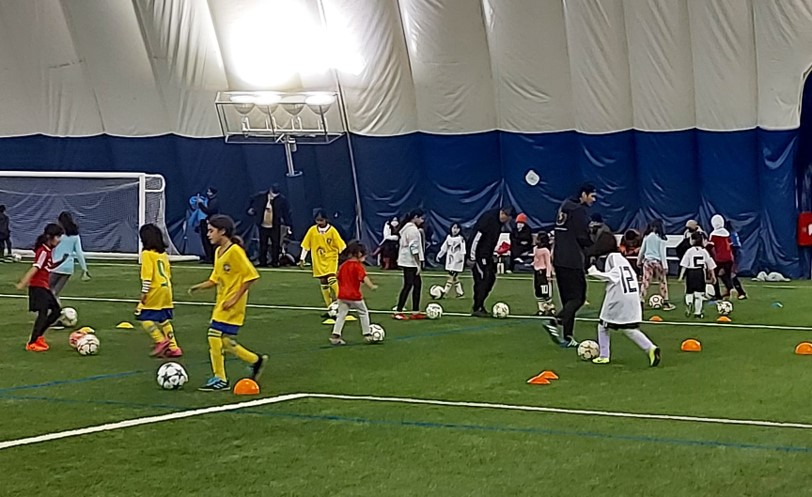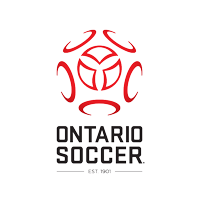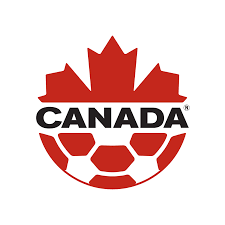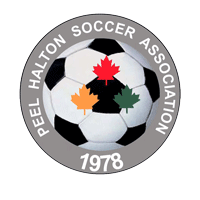FREE Soccer Training for all girls all ages

Email your name, Date of birth and your Phone number to: info@internationalsoccerclub.ca
- Schedule:
- Join us on Thursday evenings at Paramount Sport Complex and train for FREE with coach Sarah
- Prime time training between 7:00 PM and 8:00PM
- All training take place at ISC home turf field – at 5735 Rose Cherry Place. Mississauga. Paramount Turf Field 1
- All home games take place at ISC home turd field – at 5735 Rose Cherry Place. Mississauga. Paramount Turf Field 1
- Fun Activities throughout the day
- Technical sessions throughout the day
- Please make sure you log in and log out the player at the Entrance table
- Proof of ID may be required at pick up.
- Please make Sure you bring with you:
- Outdoor Soccer Shoes (when outdoors) & Indoor Shoes (when indoors)
- Athletic Attire
- Shin Pads (required for soccer games)
- Water Bottle
- Coaches and Staff:
- Paid National licensed coaches.
- Coach Sarah comes with National C License and 10 years of playing competitive soccer
- CPR certified staff on duty.
- Fees Include:
- FREE
- Program details:
- Free Training session to encourage girls of all ages to join the sport and be part of an active lifestyle.
- Please make sure you come in soccer gear!
- Outdoor Soccer Shoes (when outdoors) & Indoor Shoes (when indoors)
- Athletic Attire
- Shin Pads (required for soccer games)
- Water Bottle
Women in Sport
(Adopted from the Canadian Association for the Advancement of Women in Sport and Physical Activity
(Canadian Women & Sport))
To create a sport and physical activity system where all women and girls lead healthy lives and have opportunities to contribute in meaningful ways, it is necessary to embrace the importance of treating people equitably, rather than equally (refer to Section 4.2 for additional information on Gender Equity).
The powerful potential of sport and physical activity is undermined by intolerance of sexual and gender diversity, and homophobic and transphobic attitudes. Sexual and gender diversity refers to the full range of human sexual experience and gender identity and includes one’s perceived or actual sexual orientation as lesbian, gay, bisexual, transgendered/ transitioned, queer or questioning, or heterosexual (Canadian Association for the Advancement of Women in Sport and Physical Activity (Canadian Women & Sport), 2019). Taking steps to reduce intolerance, homophobia, and transphobia is consistent with Canada’s efforts to foster safe and welcoming environments in sport and physical activity, and with Canadian values of diversity, acceptance, and fairness.
Actively Engaging Women and Girls: Addressing the Psycho-Social Factors
Actively Engaging Women and Girls: Addressing the Psycho-Social Factors is a supplement to the Canadian Sport for Life (CS4L) foundation documents, and compliments other Long-Term Athlete Development (LTAD) resources. It is a foundational resource that takes the LTAD model, passes it
through the gender lens, and reveals many of the considerations that influence a girl’s or woman’s involvement in sport that are often not fully accounted for in the universal LTAD approaches or sport practice, which has been historically male dominated. The purpose of this resource is to increase awareness about the experiences of women and girls and provide recommendations to address the psycho-social factors that influence female athlete development, leadership, and life-long participation in sport and physical activity. Women and girls, who account for more than 50 percent of the population of Canada, continue to be underrepresented in the sport and physical activity system (Canadian Association for the Advancement of Women in Sport and Physical Activity, 2012). Awareness about biomechanical and physiological considerations unique to women and girls has increased, providing a foundation to improve training methods and competition programs for athletes; however, large gaps persist in knowledge and practice relating to the psycho-social factors that influence women and girls as participants, athletes, coaches, officials, leaders, or administrators. As a catalyst for change, CS4L offers an opportunity to address the recognized shortcomings of conventional sport and physical activity programming, and the LTAD framework, to adequately address gender differences. It is time to create optimal conditions and systems that support women and girls to be active at all stages of participation and competition, as coaches, officials, leaders, and in other roles related to sport and physical activity.





